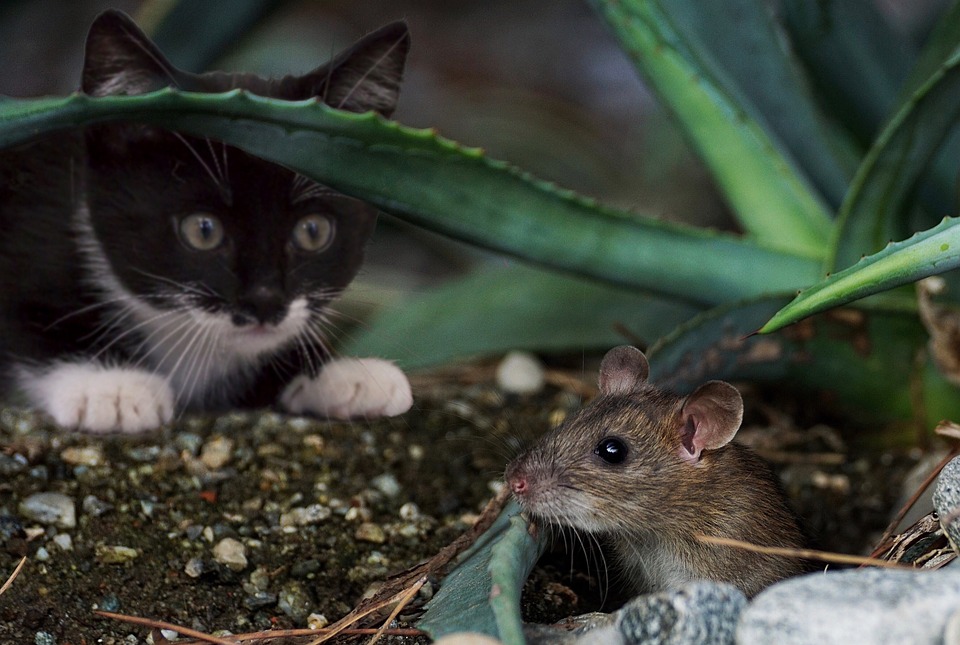
Predator Hunting: Protecting Livestock and Rebalancing Ecosystems
Predator Hunting: Protecting Livestock and Rebalancing Ecosystems
Predator hunting is an essential tool for protecting livestock and rebalancing ecosystems. With the increase in predator populations across the country, it has become crucial to manage these populations in order to mitigate the negative impact on livestock and preserve the delicate balance of ecosystems. In this article, we will discuss the importance of predator hunting, its benefits for protecting livestock, and how it contributes to the overall health of ecosystems.
Subheading 1: The Need for Predator Hunting
Predators play a vital role in maintaining the balance of ecosystems by controlling populations of herbivores, preventing overgrazing, and promoting biodiversity. However, when these populations become overly abundant, they can pose a significant threat to livestock and even native wildlife populations. This is where predator hunting becomes necessary. By properly managing predator populations, we can help prevent unnecessary predation on livestock and protect the delicate balance of ecosystems.
Subheading 2: Protecting Livestock
Livestock farmers face numerous challenges in protecting their animals from predators. Predators such as wolves, coyotes, foxes, and mountain lions can prey on vulnerable livestock, causing financial losses for farmers and ranchers. Additionally, predation can lead to stress-induced health issues for livestock.
Predator hunting is an effective solution for mitigating these challenges. By selectively removing problem predators from the area, farmers can minimize predation incidents and protect their livestock. Hunting helps create a deterrence effect, discouraging predators from targeting livestock in the future. It is important to note that predator hunting should be done responsibly, following lawful hunting practices and regulations.
Subheading 3: Rebalancing Ecosystems
Predator hunting also plays a crucial role in rebalancing ecosystems. When predator populations exceed sustainable levels, they can disrupt the natural balance and harm wildlife populations. This imbalance can lead to an increase in herbivores, resulting in overgrazing and habitat destruction.
By managing predator populations through legal hunting, we can restore the balance of ecosystems. Predator hunting helps curb population growth and prevent the negative effects of over-predation. This allows other wildlife species to thrive, resulting in healthier and more diverse ecosystems.
Subheading 4: The Role of Ethical Hunting
Ethical hunting practices are paramount when engaging in predator hunting. It is vital to ensure that hunting is conducted responsibly, respecting all wildlife and adhering to legal guidelines. Ethical hunters prioritize humane and quick kills, minimizing suffering and ensuring that only problem predators are targeted.
Additionally, it is important to understand the ecology of the area when engaging in predator hunting. This includes knowledge of predator-prey relationships, population dynamics, and the impact of hunting on the local ecosystem. By staying informed and practicing ethical hunting, we can contribute to the long-term health of ecosystems.
FAQs
Q: Does predator hunting eradicate predators completely?
A: No, predator hunting aims to manage predator populations responsibly, not eradicate them entirely. The goal is to strike a balance that allows both predators and livestock to coexist.
Q: Is predator hunting legal?
A: Yes, predator hunting is legal in many regions, but it is essential to familiarize yourself with local hunting regulations and obtain the necessary permits and licenses.
Q: Does predator hunting have any negative impacts on ecosystems?
A: When conducted responsibly, predator hunting has minimal negative impact on ecosystems. It helps maintain a balance by preventing over-predation and promoting biodiversity.
Q: Are there any alternatives to predator hunting for protecting livestock?
A: While there are alternative methods such as non-lethal predator deterrents, like electric fencing and guard animals, predator hunting is often necessary to effectively manage predator populations.
In conclusion, predator hunting is a vital tool for protecting livestock and rebalancing ecosystems. By responsibly managing predator populations, we can help reduce predation incidents on livestock and maintain the delicate balance of ecosystems. It is important to prioritize ethical hunting practices and stay informed about local hunting regulations to ensure that predator hunting contributes to the long-term health of wildlife populations and the environment.
Published in Hunting

Responses